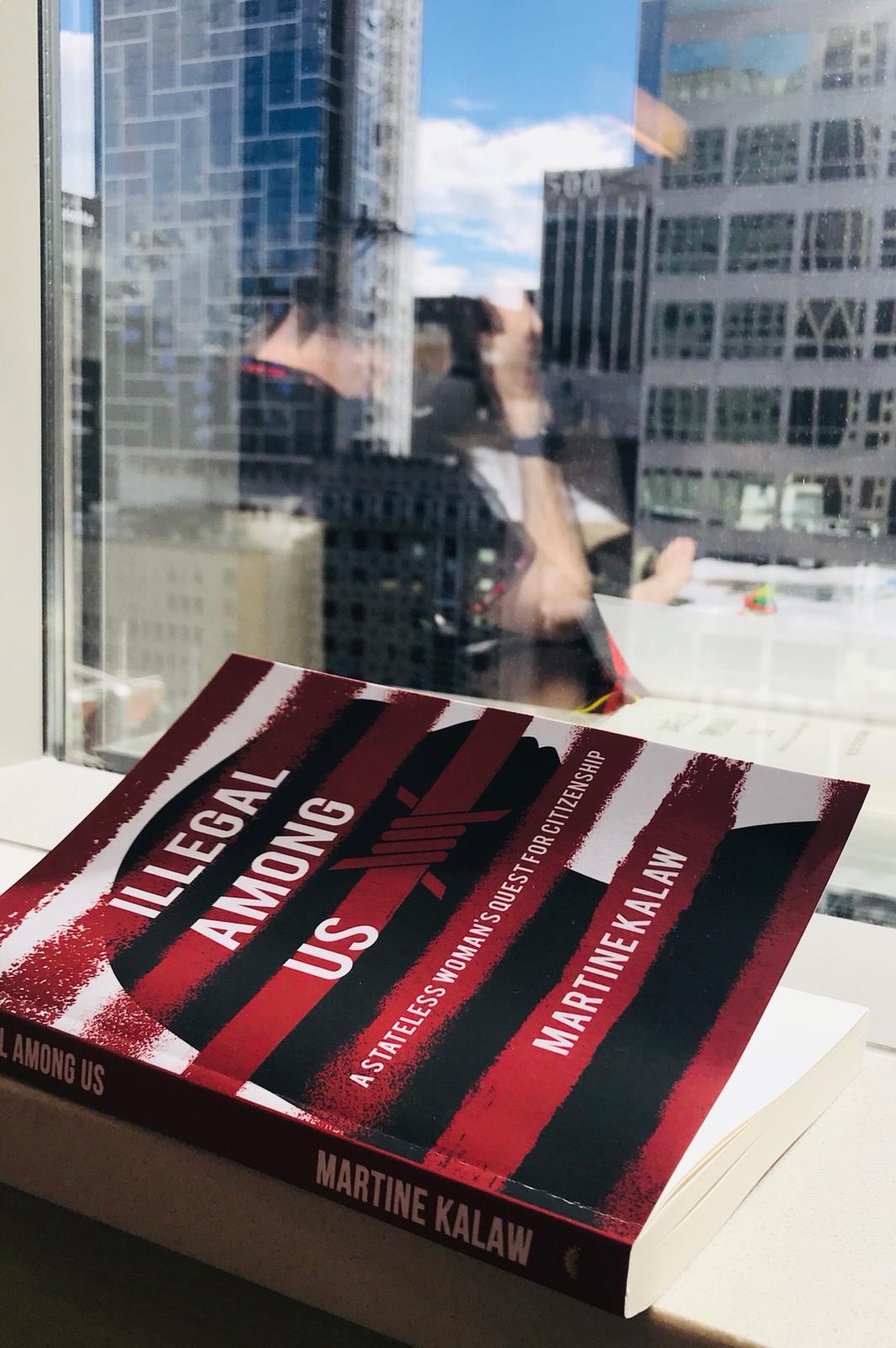Over the seven years I was in deportation proceedings as an undocumented immigrant and stateless person, I was forced to develop a variety of skills just to survive. Though my journey was long and difficult, those skills were the same ones that ultimately allowed me to advance in business. As I look back at the ten years I’ve spent managing and running a training department that focuses on leadership and professional development, I can distill three skills in particular that have enabled me to succeed.
Lesson#1: Your Composure Determines Your Opportunity
Over the course of my journey, the times people decided to help me were always the times I was able to remain composed and display my potential.
First, my prep school benefactor decided to pay my way through boarding school back in 1997 after I was orphaned because I successfully communicated my academic potential and the influence I could have among my peers. Although I had just lost my parents and I felt hopeless, I carried myself in a way that communicated, “In spite of my circumstances, this is what I am capable of if given a chance.” As a result, I wasn’t considered a charity case, but someone worth investing in who could offer a return.
Later, in the years I spent running a Global Learning and Development department, I was plagued with staffing challenges and budget problems. People undermined my work and I watched others get promotions I thought I deserved. My first instinct was to retreat. But at my level, everyone was observing me and some were emulating me. Ultimately, I was able to get promoted, increase my budget, and resolve my staffing issues by maintaining my composure and finding alternative answers when dealing with bad news.
Lesson#2: Find People Who Want to Invest In You
By maintaining my composure, I was able to assemble a network of people who supported me through my journey. They were the ones who made exceptions for me, which allowed me to secure private funding to attend college and graduate school. For years, I had to appear in court in Buffalo but didn’t have the identification I needed to drive there. I also couldn’t take the risk of being raided by immigration authorities while taking public transportation. So a few of Hamilton College administrators took turns driving me—four hours each way—to attend over a dozen court appearances. While I was in college and graduate school, I remained connected to my prep school friends and teachers, who offered me a home during the holidays and connected me to people who could further assist me. The key to sustaining this community was being in constant communication with people, being as transparent as I could, being willing to ask for help, and following up with everyone who assisted me.
My success has been the product of my hard work and networking. I’ve remained authentic in building work relationships, and I’m conscientious about how I allocate my work time and with whom. I’ve made a point to identify a mentor who could advise me, find a sponsor who could vouch for me, and join organizations that challenge me to think differently. In my first year as an entrepreneur, I’ve relied on those relationships to drive my consulting business. It’s been about keeping people abreast of my new ventures, attending events where I can make new connections, and asking for what I need.
Lesson#3: You Are Your Own Best Advocate
My first attorney and I had been together for three years when I finally realized I had to act as his check and balance when it came to my case. It was during my studies at Syracuse University Law School that I stumbled upon evidence that helped my case. I learned in my Refugee and Asylum Law course that I was eligible to apply for a temporary Employment Authorization Document (EAD), which allowed me to legally work in the United States while my case was being reviewed by the courts. Had it not been for my own research, there’s no telling whether my lawyer, who was juggling many more dire cases, would have come across that information.
For as many reputable immigration lawyers are out there, there are also a handful that prey on the fears, insecurities, and ignorance of undocumented immigrants to make money. It is the responsibility of the undocumented immigrant whose seeking counsel to ask questions and understand their own case. There are several organizations that now offer training on understanding the basics of current immigration policies, how to fill out immigration paperwork, and understanding your rights and a stateless person and/or undocumented immigrant. These are organizations like: United Statelessness, Torture Abolition and Survivors Support Coalition (TASSC), Undocublack, African Law Center, Undocumedia, and National Immigration Law Center. The more knowledgeable we are about our cases, we reduce our fear and are empowered enough to seek solutions.
In my thirteen years of working in the public and private sector, I never waited for my managers to offer me a raise or a promotion. Rather, I looked for the perfect time to appeal to them. If my managers didn’t suggest it, I asked them for regular meetings, offering not only status updates on work but also asking for feedback on where I could improve. This allowed for continuity that led up to conversations about my growth. As with my attorney, I did not rely on managers to create opportunities for me, but sought them out myself.
The Way Forward
The solution to the immigration debate extends far beyond the Hill to the boardrooms of companies. What will make a difference now is seeing these undocumented individuals as people and as investments. This will mean grooming them as leaders so they can make an impact on the economy and contribute to the vision and mission of our nation.
To book a training/professional/management development consultation for you or your organization or to hire Martine as a keynote speaker, e-mail: [email protected]. Her memoir, Illegal Among Us, is available on Amazon. Visit Martine Kalaw at www.martinekalaw.com or follow her on social media. (Twitter: @Martine_Kalaw Facebook: @MartineMKalaw and Instagram: @martinekalaw)
Featured image courtesy of Liyat G. Haile of www.liyatphotography.com


